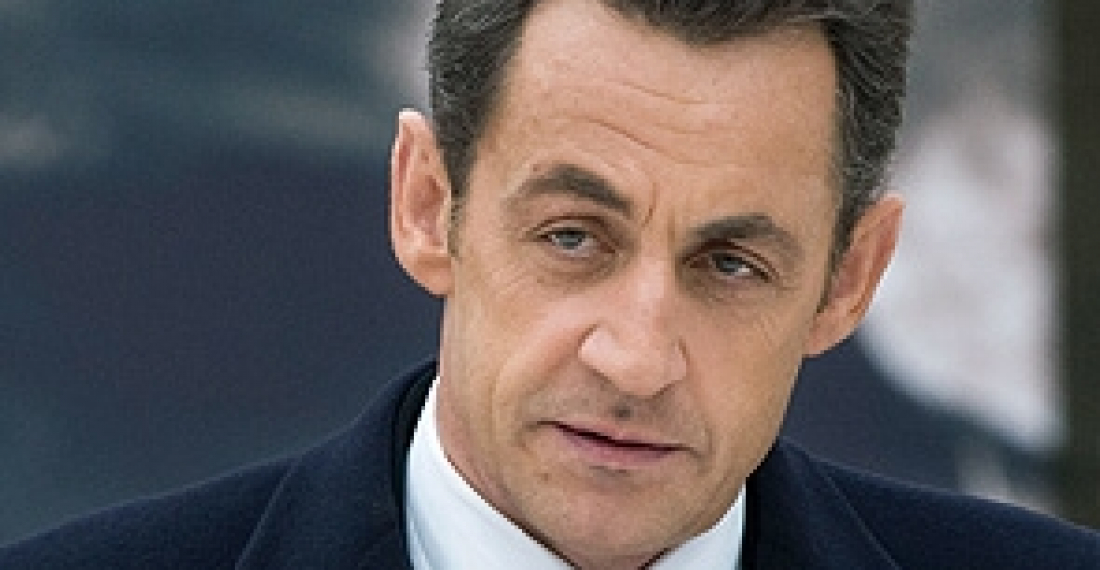If Turkey fails to recognize the Armenian Genocide, France will adopt a law criminalizing its denial, President of France Nicolas Sarkozy said while visiting the Armenian Genocide Memorial in Yerevan on Thursday.
He said that collective denial is a more serious thing than individual denial, and if Turkey fails to recognize the Armenian Genocide, France will be forced to undertake other initiatives, like adoption of a law criminalizing its denial.
The French President laid flowers at the Memorial. He visited the Armenian Genocide Museum, where he wrote "France does not Forget" in the Book of Memory and planted a fir tree at the Alley of Memory.
The French Parliament recognized the Armenian Genocide in 2001, but the Senate has not yet approved the law criminalizing its denial.
Sarkozy is visiting Armenia in the framework of his two-day regional tour.







